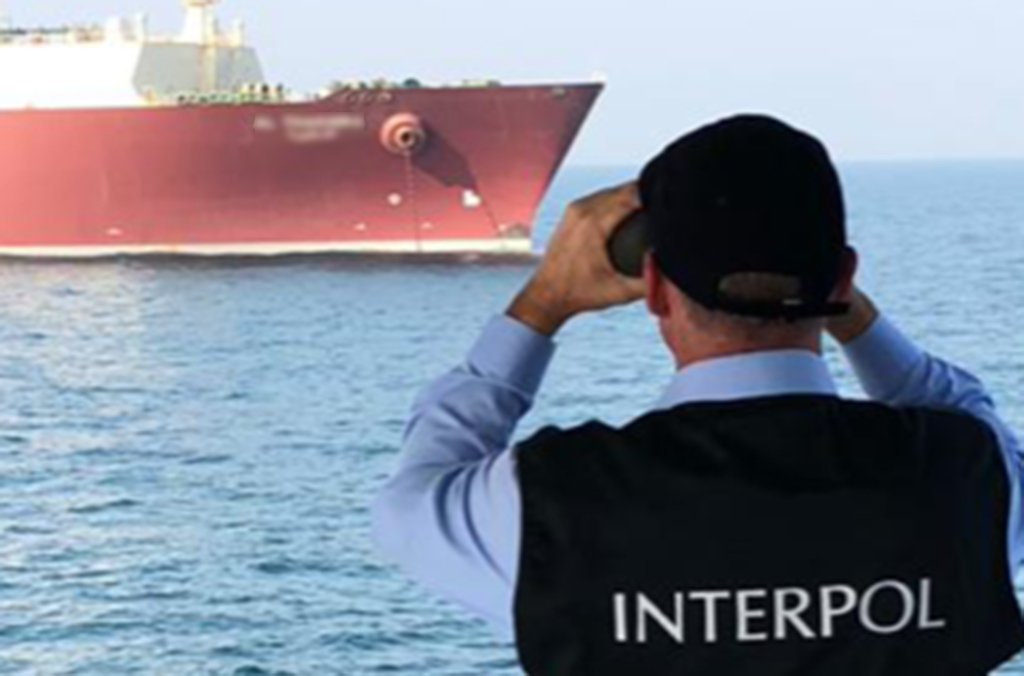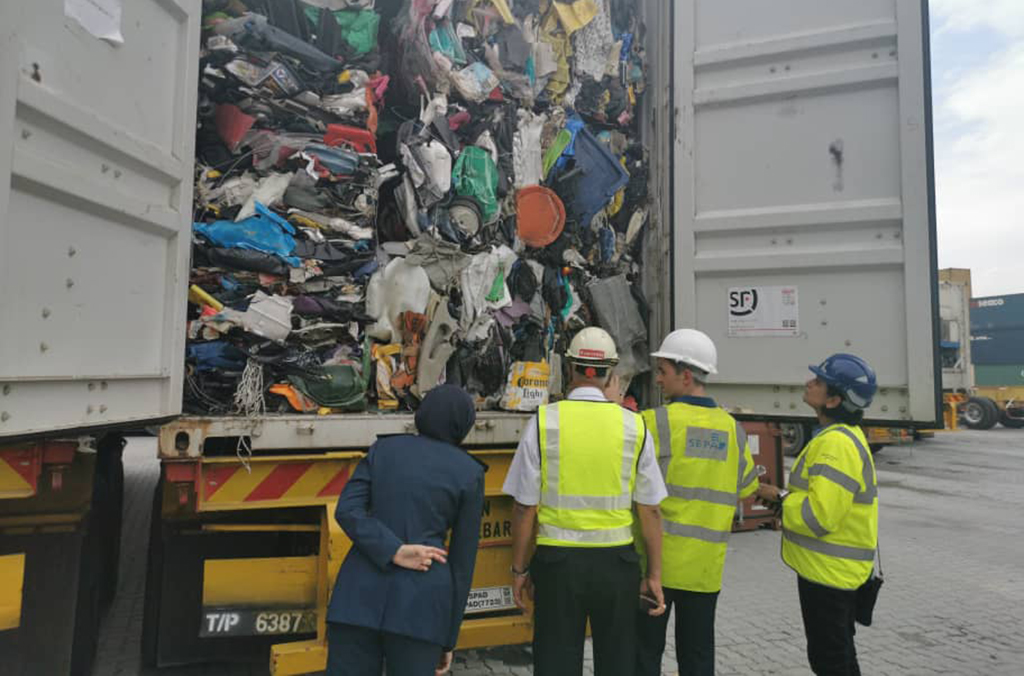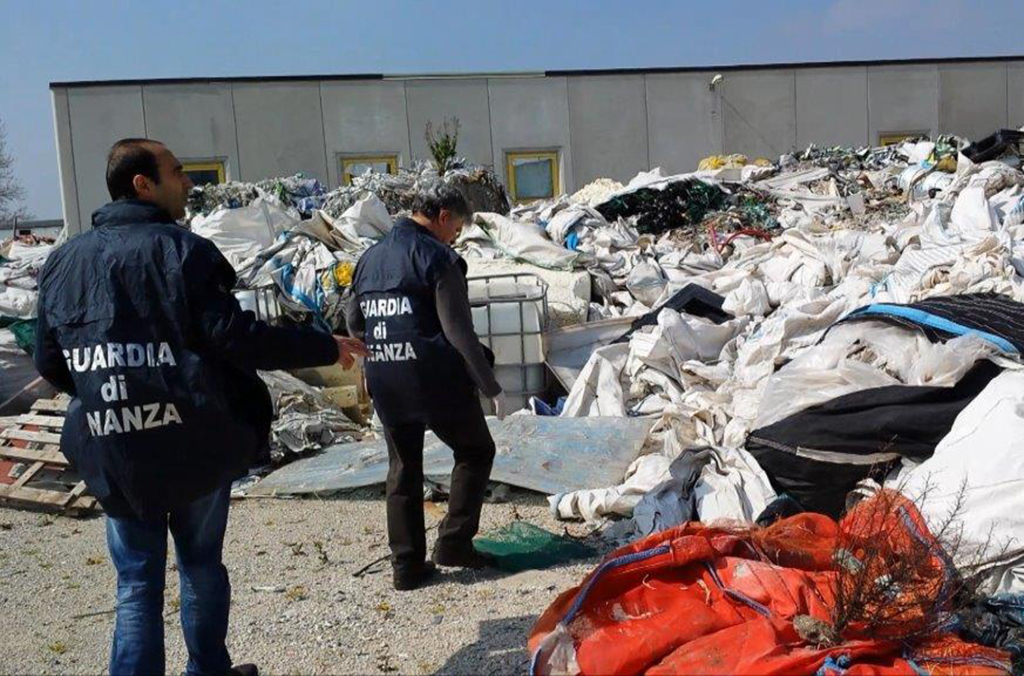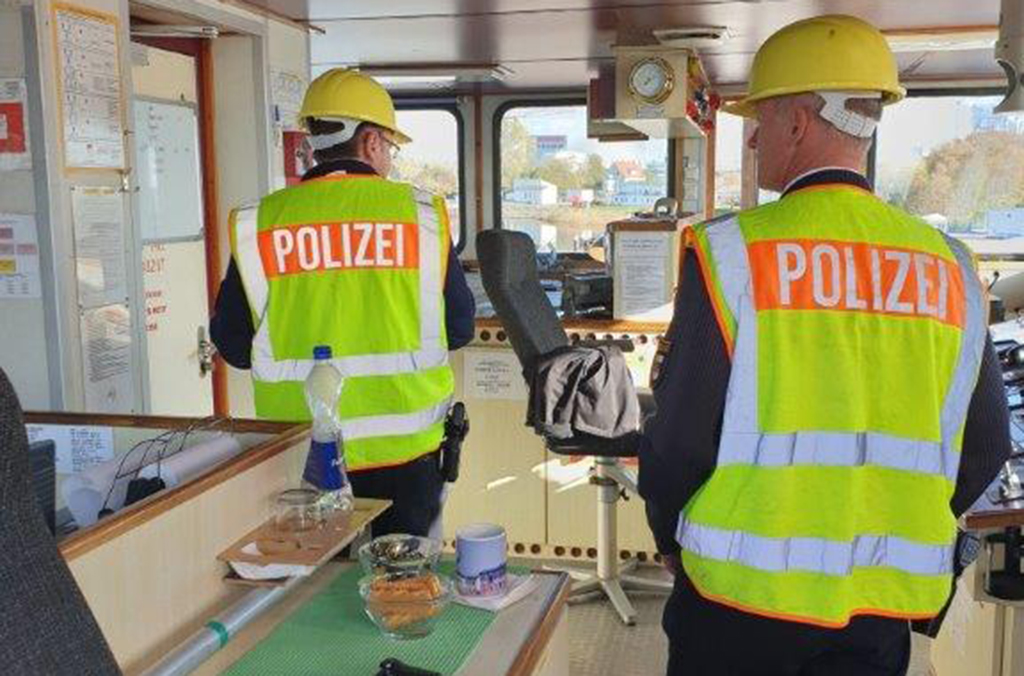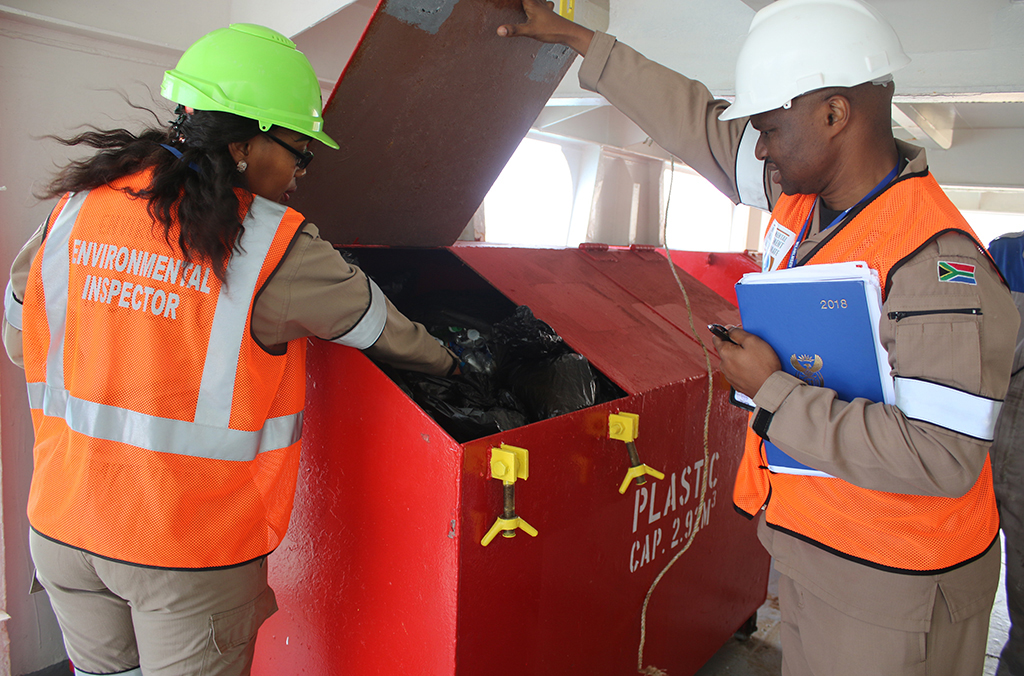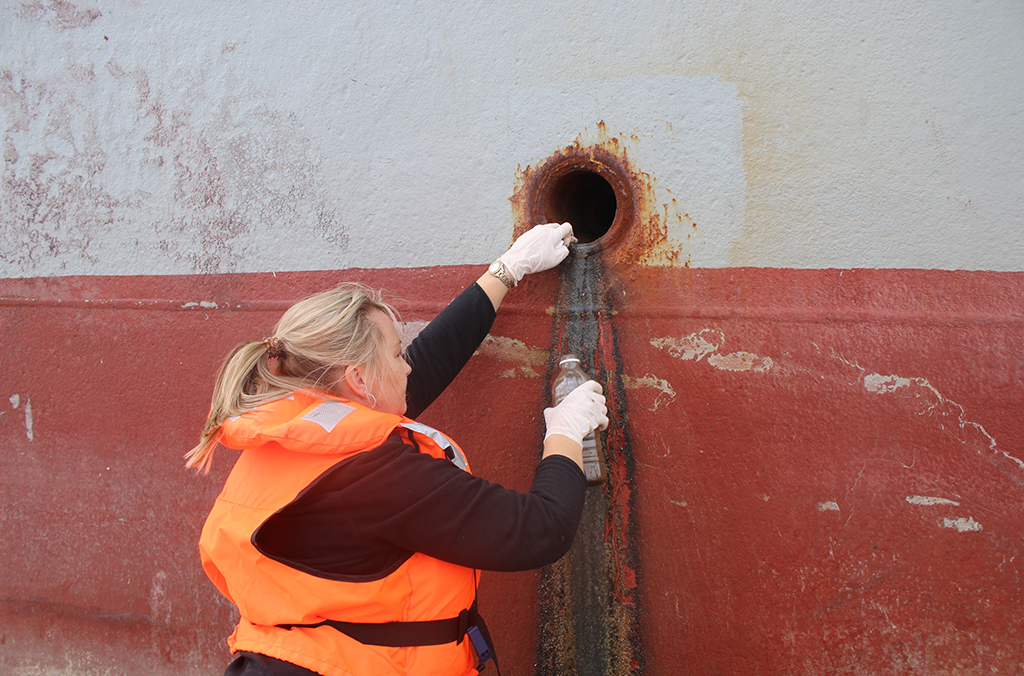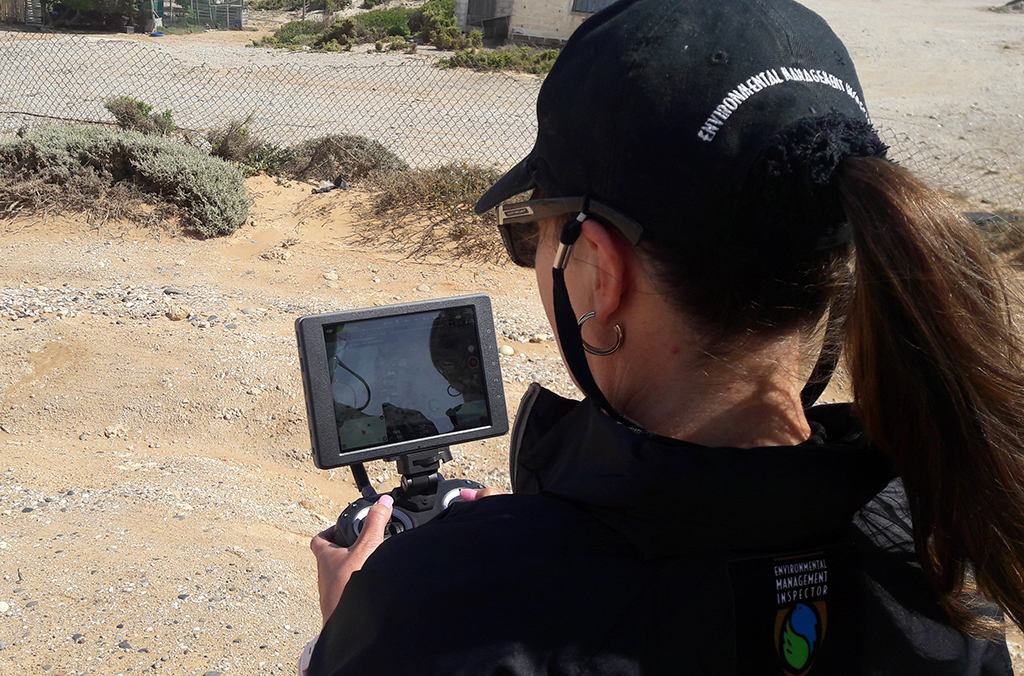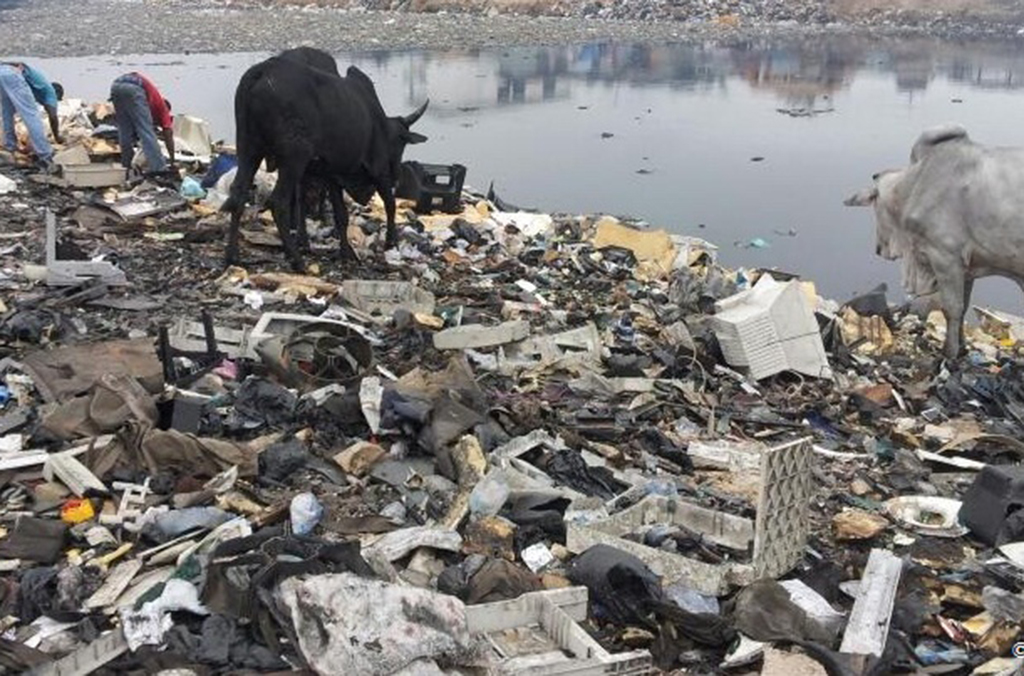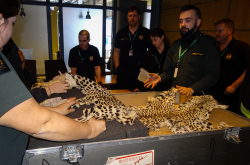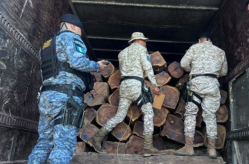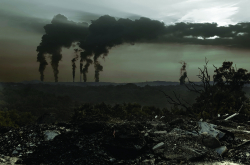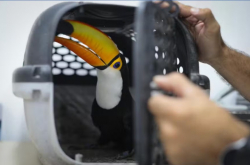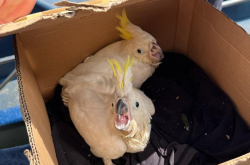A decade ago, pollution crime was seldom a law enforcement priority for many countries. Yet ten years on, police forces and authorities across the world see pollution crime not only as serious organized crime but also as a threat to the rule of law, global economies and sustainable development.
Anticipating the needs of police forces in its 194 member countries to confront the emerging crime head on, INTERPOL established a dedicated Environmental Security Programme (ENS) in 2010. This month, we celebrate the programme’s first decade of action, focusing this week on pollution crime.
Today, ENS helps countries tackle the following forms of pollution crime: fuel, oil and gas smuggling, waste crime, marine pollution crime, Illegal use and trade in chemicals, carbon trading fraud.
Pollution crime: ten years in ten feats
Over the past 10 years, INTERPOL has coordinated transnational operations and supported member countries in investigations that have resulted in:
- over three thousand arrests for offenses related to environmental crimes, including pollution crime, and the disruption of multiple associated transnational criminal networks;
- the detection of hundreds of cases of illegal chemical usage and trade, fuel oil and gas smuggling, carbon trading crime and illegal mining, triggering further investigations and asset recovery efforts worldwide;
- the detection of almost six thousand cases of marine pollution (discharges at sea, in rivers or in coastal areas) and waste trafficking, triggering further investigations and asset recovery efforts worldwide;
- the publication of internationally recognized investigation manuals and criminal intelligence analyses ranging from pollution crime forensics to illegal garbage discharges from vessels and carbon trading fraud;
- the world’s first and largest global police operation against marine pollution crime and the illegal shipment and disposal of waste : Operation 30-days-at-sea detected thousands of cases of illegal trade, detected several million tonnes of illicit waste, and enabled police to apprehend hundreds of suspects and companies for waste crime and violations;
- the publication of hundreds of INTERPOL Notices including more than 30 Red and Blue Notices on pollution crime which are currently active;
- regular capacity building events resulting in improved law enforcement skillset in preventing, detecting and disrupting organized pollution crime;
- the identification of links connecting pollution crime with other serious crime, particularly fraud, corruption, tax evasion, money laundering;
- the coordination of multiple global law enforcement operations to collect intelligence and identify trends and risk indicators, triggering intelligence led investigations worldwide;
- the coordination of major intelligence-led pollution crime investigations across multiple maritime jurisdictions and territories.
Over the past ten years INTERPOL has been building police skillsets to tackle pollution crime, delivering a wide range of tools to enable them to identify, tackle and investigate pollution crime.
For the past decade ENS has provided police forces with law enforcement manuals to fight pollution crime, coordinated unique global intelligence-led police operations, and delivered criminal intelligence capabilities to enable police to dismantle the criminal groups behind marine pollution, waste crime, illegal chemical trade, fuel oil and gas smuggling, carbon trading crime and illegal mining.
Using INTERPOL’s police communications network called I-24/7, police forces today fight pollution crime hand-in-glove, together monitoring the pollution crime landscape for early threat detection, and conducting financial investigations to follow the money behind organized pollution crime.
A decade of ENS action has helped the world’s police community to recognize the threat of pollution crime to national security and public health, with more and more countries setting up their own dedicated national task forces to address pollution crime head-on.
A decade of precious partnerships
INTERPOL recognizes the importance of strong partnerships in developing a coordinated response to pollution crime. Our activities focusing on tackling pollution crime are all externally funded and dependent on sustainable partnerships. ENS works in close collaboration with governmental, non-governmental and international organizations to disrupt transnational organized criminal groups involved in environmental crime. These partners also help us to provide our member countries with technical and logistical support.
We would particularly like to acknowledge the valuable support from our Pollution Crime Working Group (PCWG) and our partners and encourage other national, regional and international stakeholders and the wider international donor community to support our vital work to ensure a safer environment.
Environmental crime is serious organized crime
Environmental crime is no different to traditional organized crime. The same routes used to smuggle environmentally sensitive commodities across countries and continents are used to traffic people, weapons and drugs a, frequently occurring hand in hand with passport fraud, corruption, money laundering and murder. Tackling illicit financial flows is crucial in addressing the corruption which facilitates the trade.
Although environmental crime is often considered to be low risk – high profit, what is often overlooked is the fact that the proceeds from these crimes can provide financing to violent organized crime groups, terrorists, and insurgent groups, as well as undermining the wellbeing of communities.
INTERPOL’s response to pollution crime
Follow us for more about a decade of tackling pollution crime:
Join us next week to find out more about how INTERPOL has spent the last decade tackling environmental crime in the fisheries sector.




